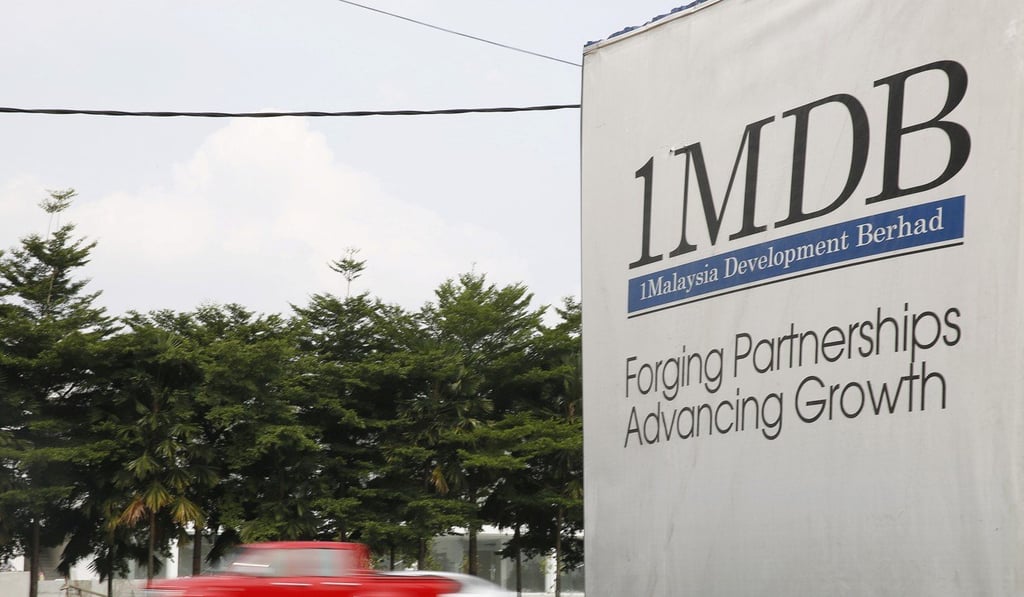1MDB scandal fallout driving up regulatory costs for financial institutions in Asean, report finds
- Compliance costs, which have risen 9 per cent to 10 per cent in the past 24 months in Southeast Asia, are set to increase further, according to LexisNexis Risk Solutions report
- Annual costs still significantly below North America

Compliance costs are on the rise in Southeast Asia as financial institutions and regulators continue to grapple with the fallout of 1Malaysia Development Berhad (1MDB) scandal, according to a report by global analytics provider LexisNexis Risk Solutions.
Financial executives in Asean expect their costs to meet global anti-money-laundering (AML) and sanctions regulations to increase by as much as 9 per cent this year, according to the True Cost of AML Compliance report.
That is on top of increases of 9 per cent to 10 per cent on average in the past 24 months at banks and other financial firms in Indonesia, Malaysia, the Philippines and Singapore, according to the report.
“Regulators are putting increasing pressure on financial institutions to determine beneficial ownership and improve overall screening requirements, particularly in the wake of the 1MDB scandal,” the report found.

“The growth of nonbank payment providers/systems is making these efforts more difficult for financial institutions, based on various factors including complexity and lack of transparency in the transaction chain, uncertainty about whether these providers are compliant with regulations and blind spots regarding beneficial owners,” according to the report.